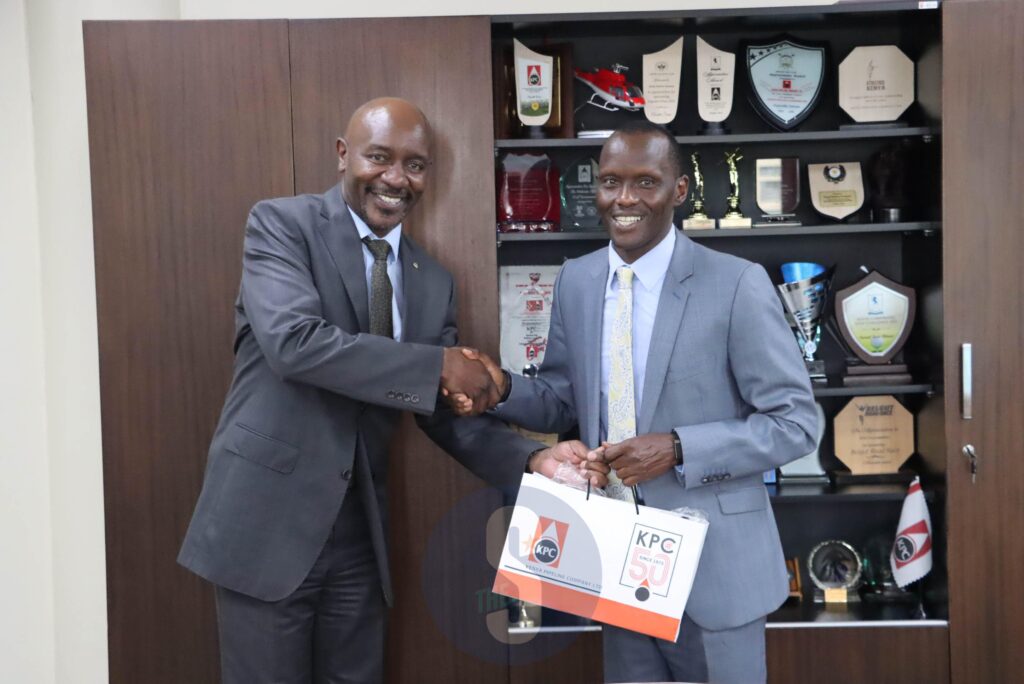Kenya Pipeline Company (KPC) managing director Joe Sang has assured employees that their jobs are secure as the state corporation prepares for a historic Initial Public Offering (IPO) scheduled for March 1, 2026.
Speaking exclusively at KPC headquarters in Nairobi, Sang dismissed concerns that privatisation would lead to job losses. “Employees don’t need to worry. There are no indications from the government for redundancy or retrenchment. In fact, we see this company growing and potentially employing more people in the coming years,” he said.
Sang highlighted KPC’s strong financial performance over the last few years, noting a significant rise in profit before tax from Sh6.1 billion to Sh16.1 billion, achieved without increasing staff numbers. He emphasized that the company has consistently delivered dividends to the National Treasury and maintained clean, unqualified audits for the past three years, marking a significant turnaround from pre-2022 challenges.
On the IPO process, Sang revealed that the Privatisation Commission has issued notification letters to successful bidders who will handle the listing. KPC is currently in the mandatory 14-day standstill period before formal contracts are signed. The IPO will involve a consortium including transaction advisors, accountants, legal teams, brokers, PR agencies, and banks.
Looking ahead, Sang believes privatisation will accelerate KPC’s regional expansion into Uganda, Tanzania, Rwanda, and beyond. “The private market allows us to move faster than government processes, increasing our footprint outside Kenya more efficiently,” he said.
KPC is also transforming the Morendat Institute of Oil & Gas (MIOG) into a national polytechnic offering accredited courses in petroleum, welding, fire safety, and hospitality. The institute now trains students across Kenya and the region, supporting KPC’s vision to build a skilled workforce for energy and hospitality sectors.
With strong growth, clean audits, and a productive workforce, Sang says KPC is entering its most promising phase in decades. “The future is bright, and we are ready for it,” he concluded.

